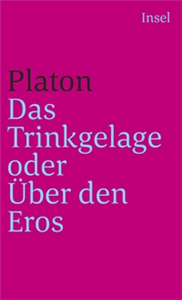Cultural Attractions and European Tourism
by Edited by Greg Richards
Cultural tourism has been identified as one of the most important of the global tourism markets. Europe hosts a vast treasure house of cultural attractions and the level of competition between cities, regions and nations to attract cultural tourists is increasing. This book reviews the cultural tourism market in Europe, based on recent surveys. It analyses the way in which cultural attractions are produced for and used by cultural tourists and pays attention to specific types of cultural attractions including museums, art galleries, monuments and heritage attractions and the management, marketing and cultural issues surrounding them.


























